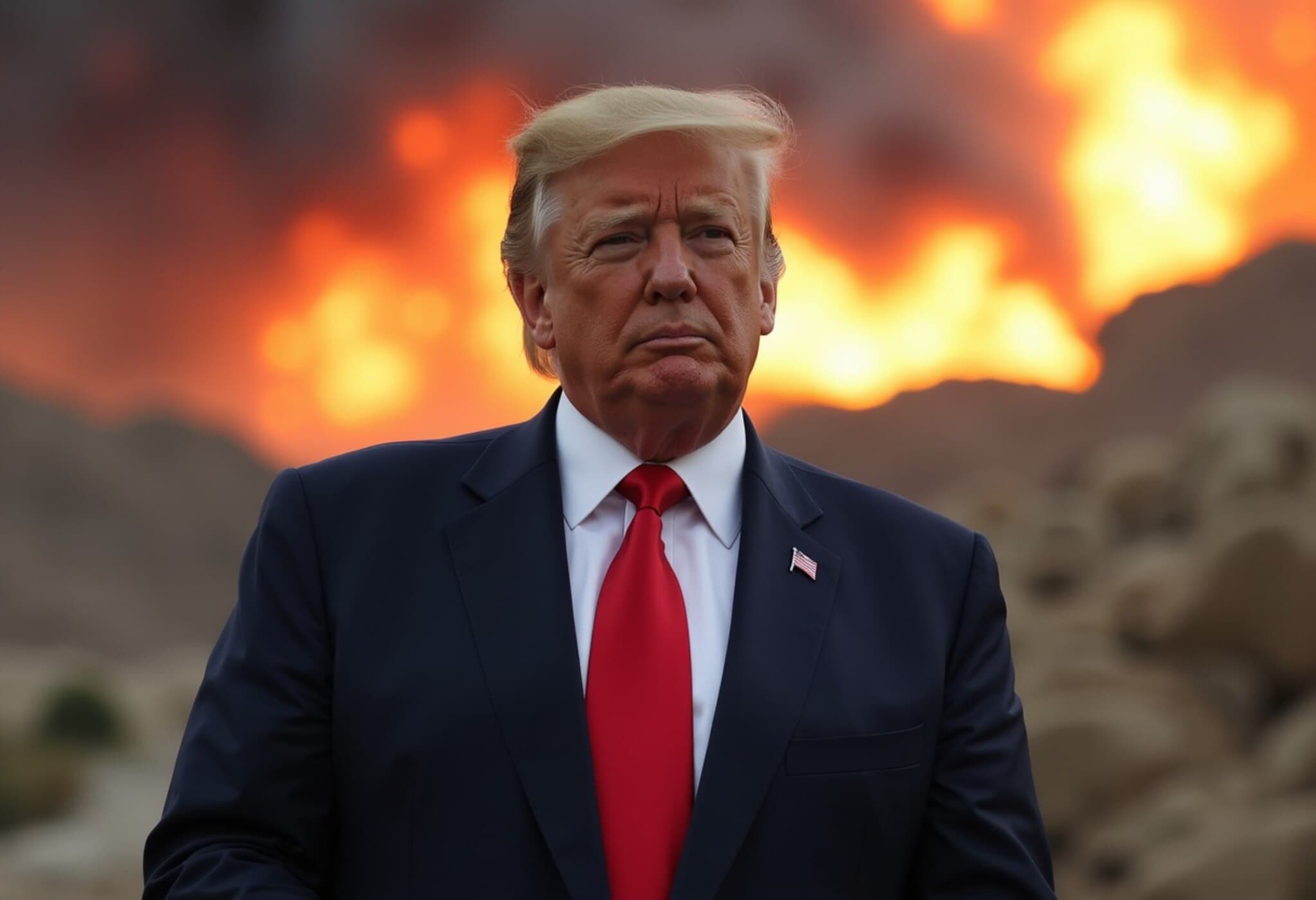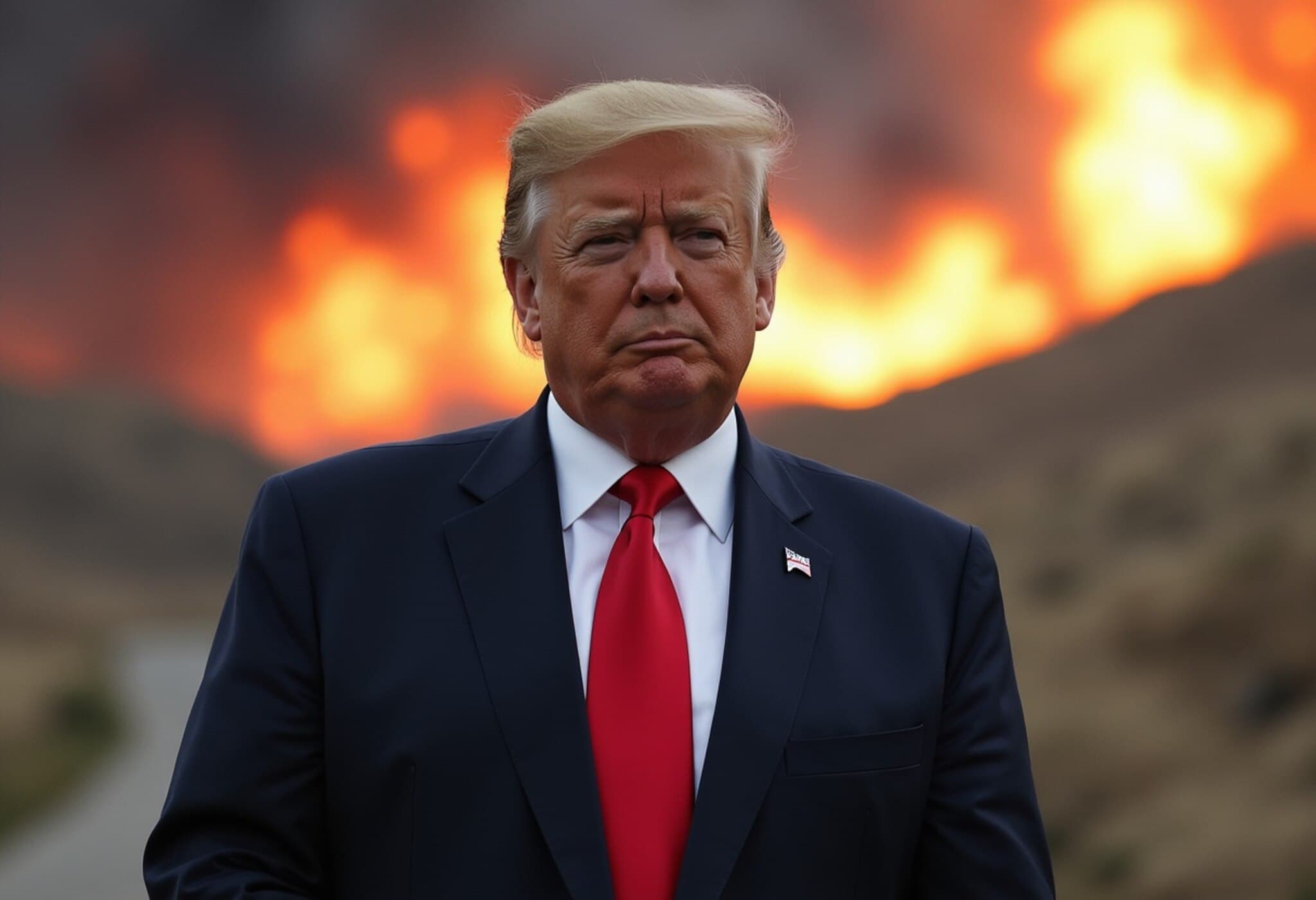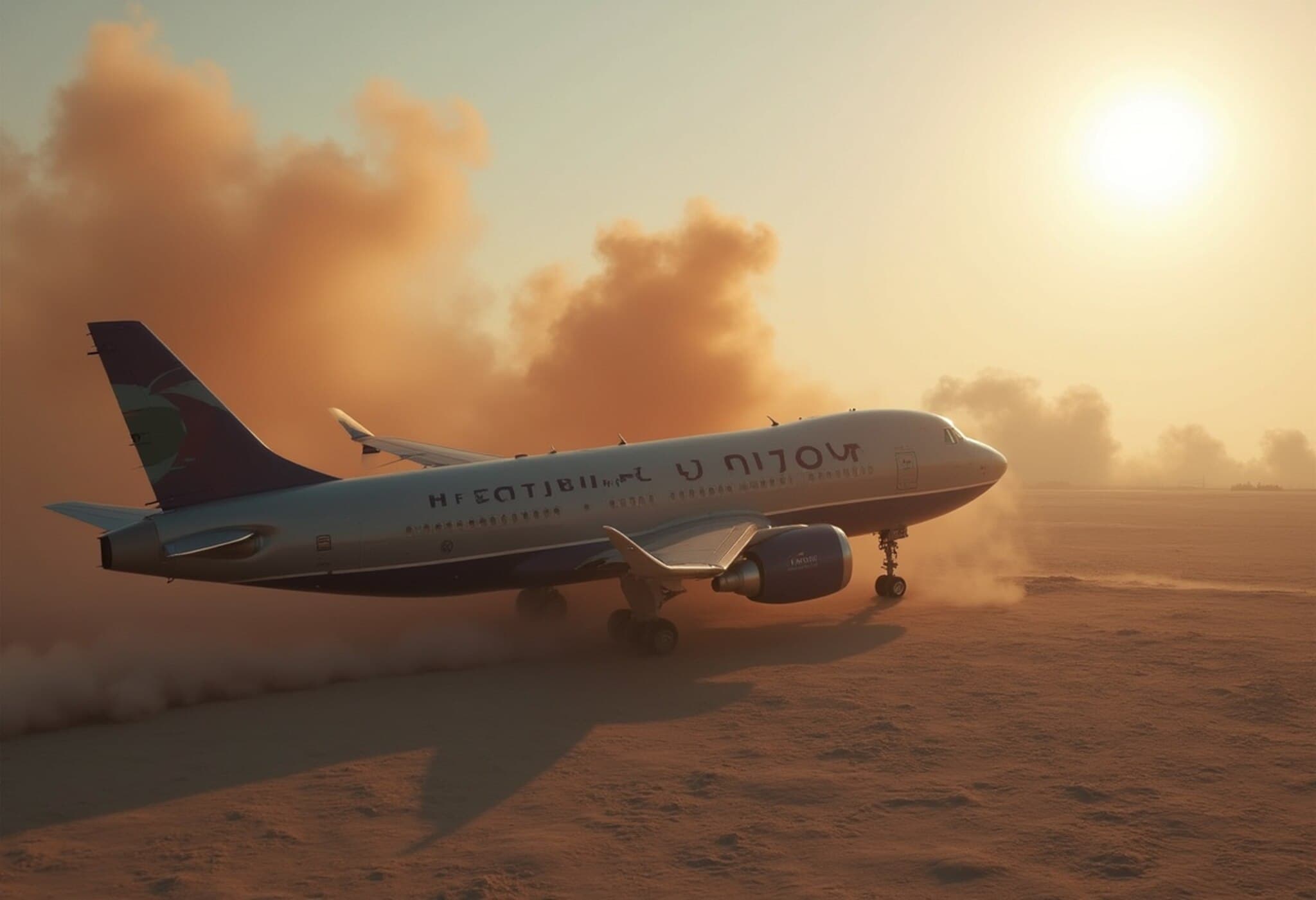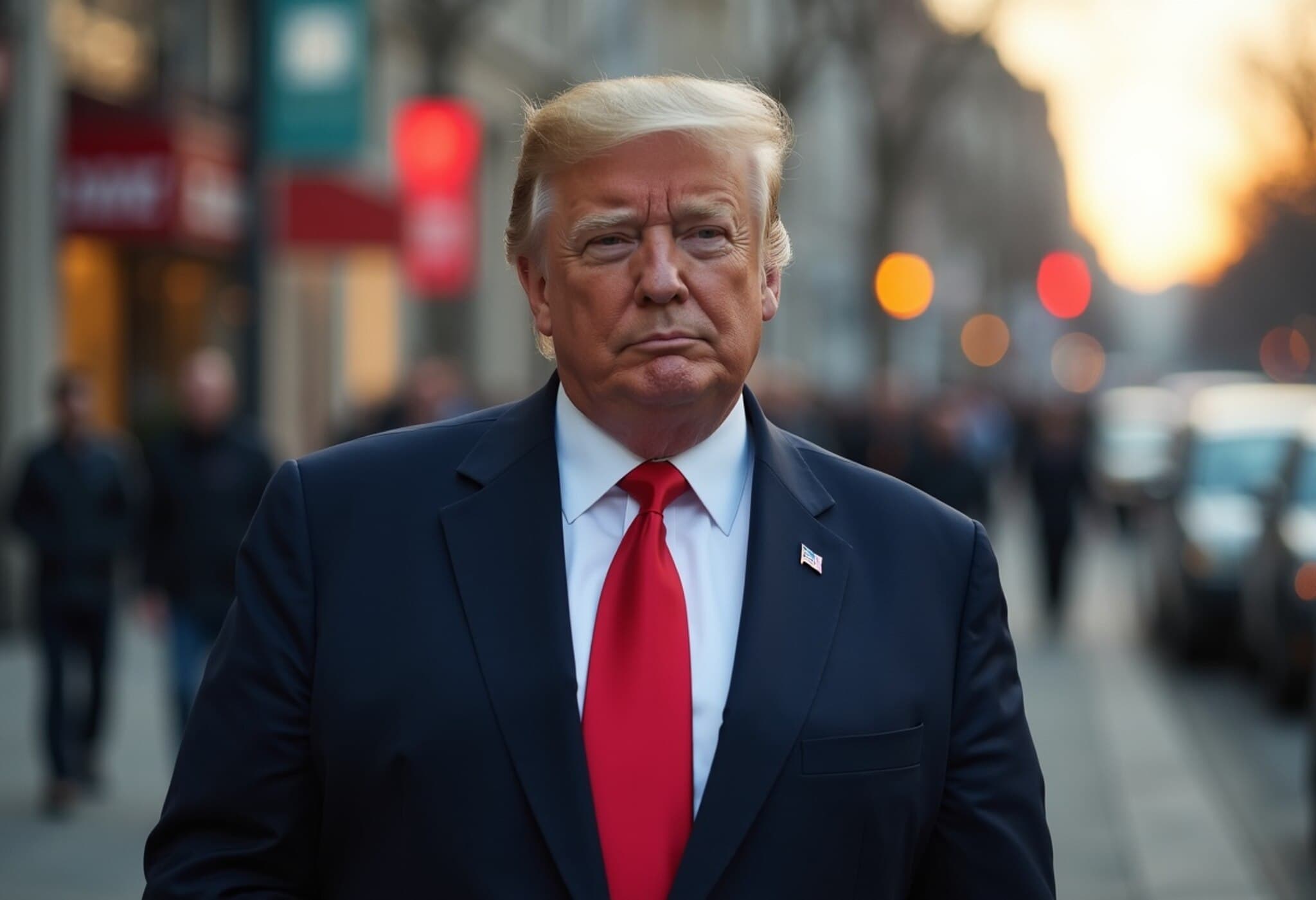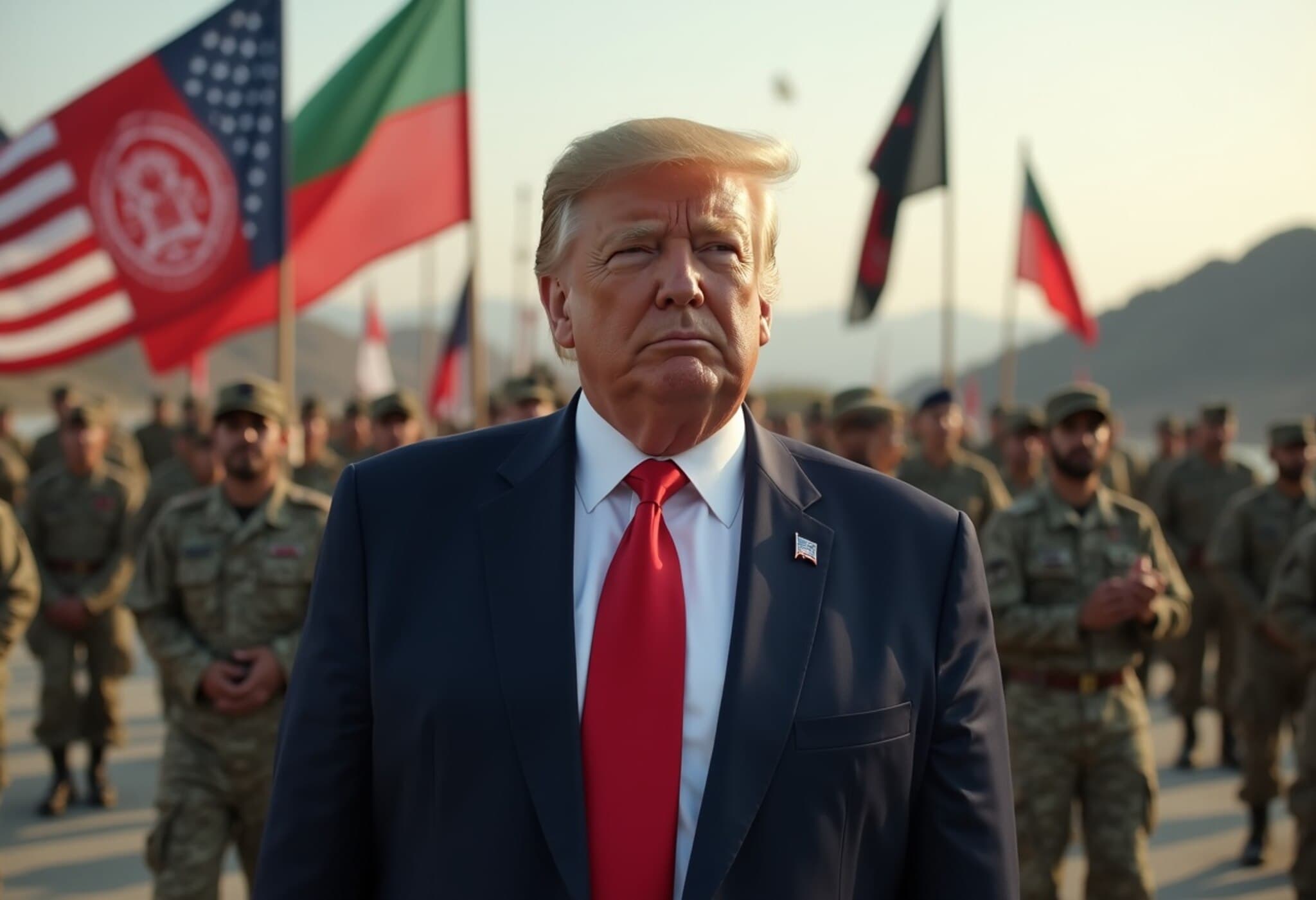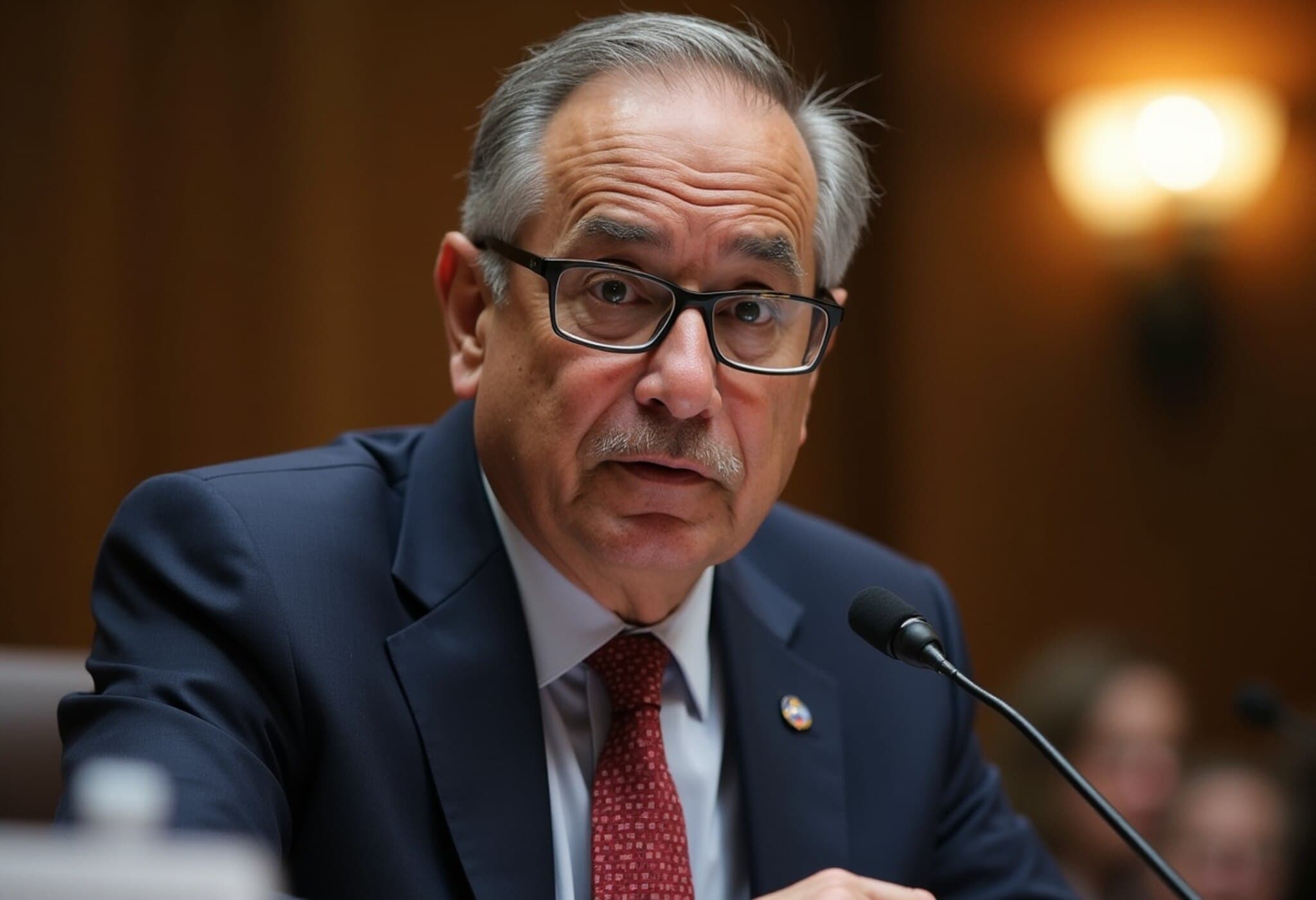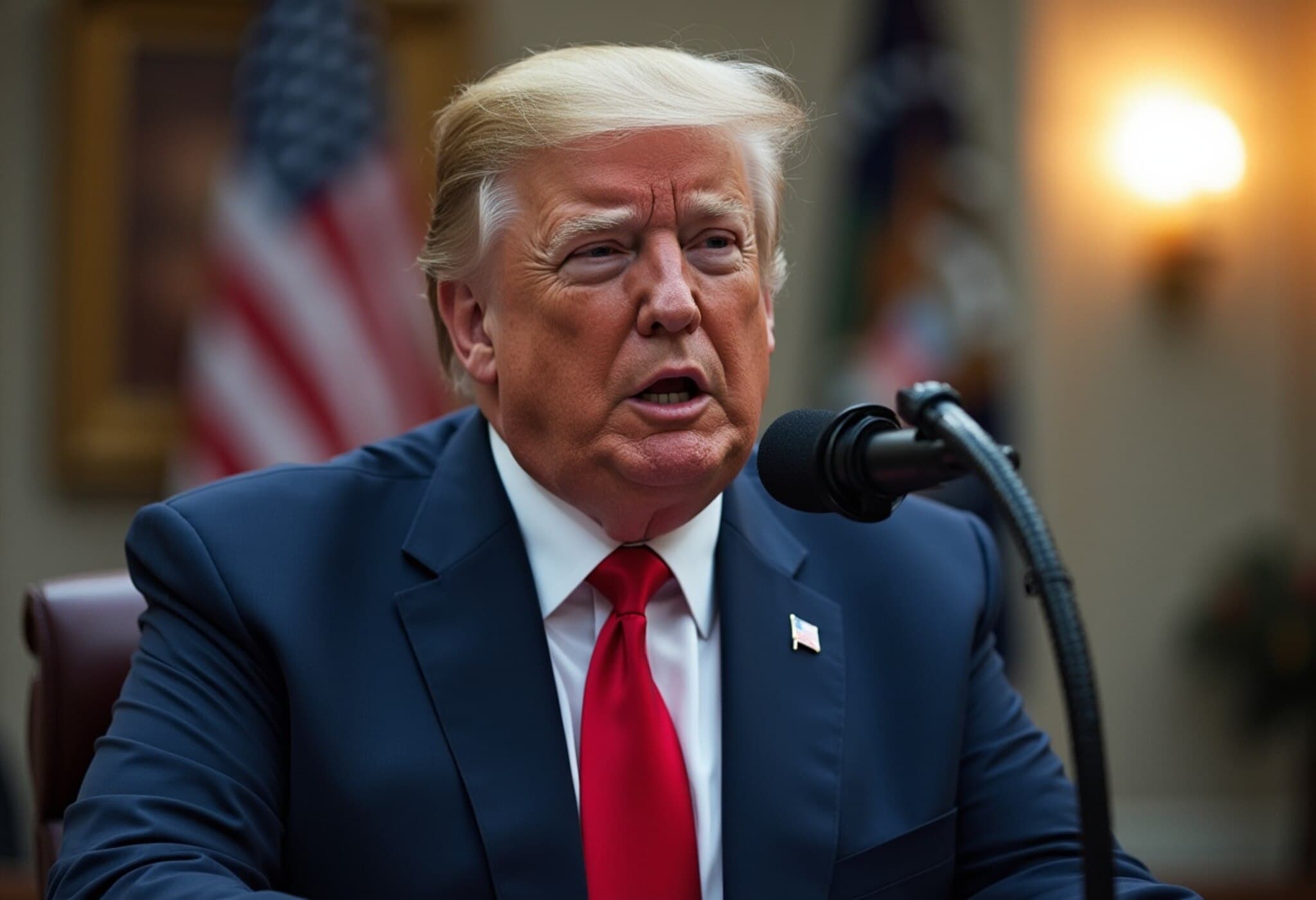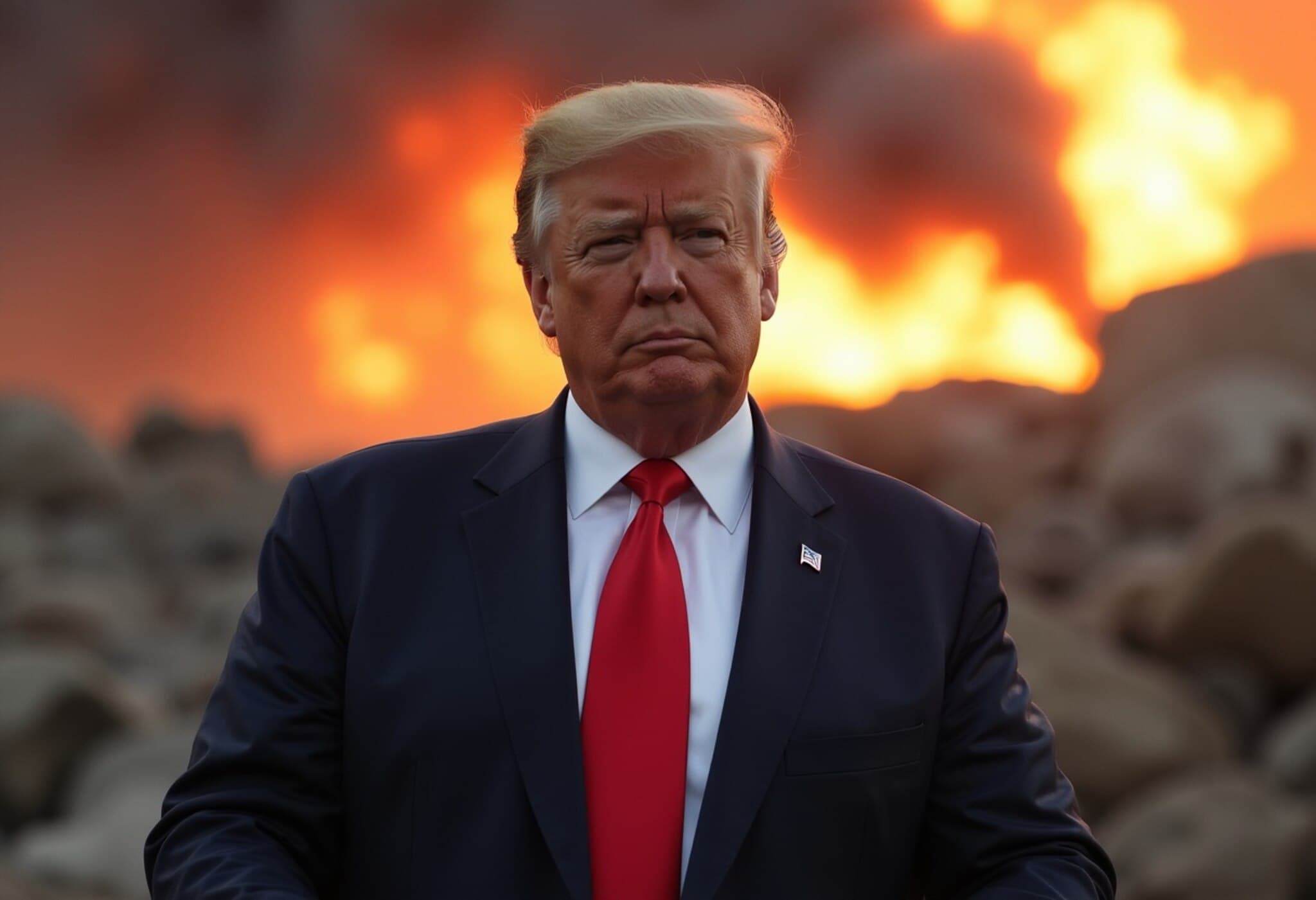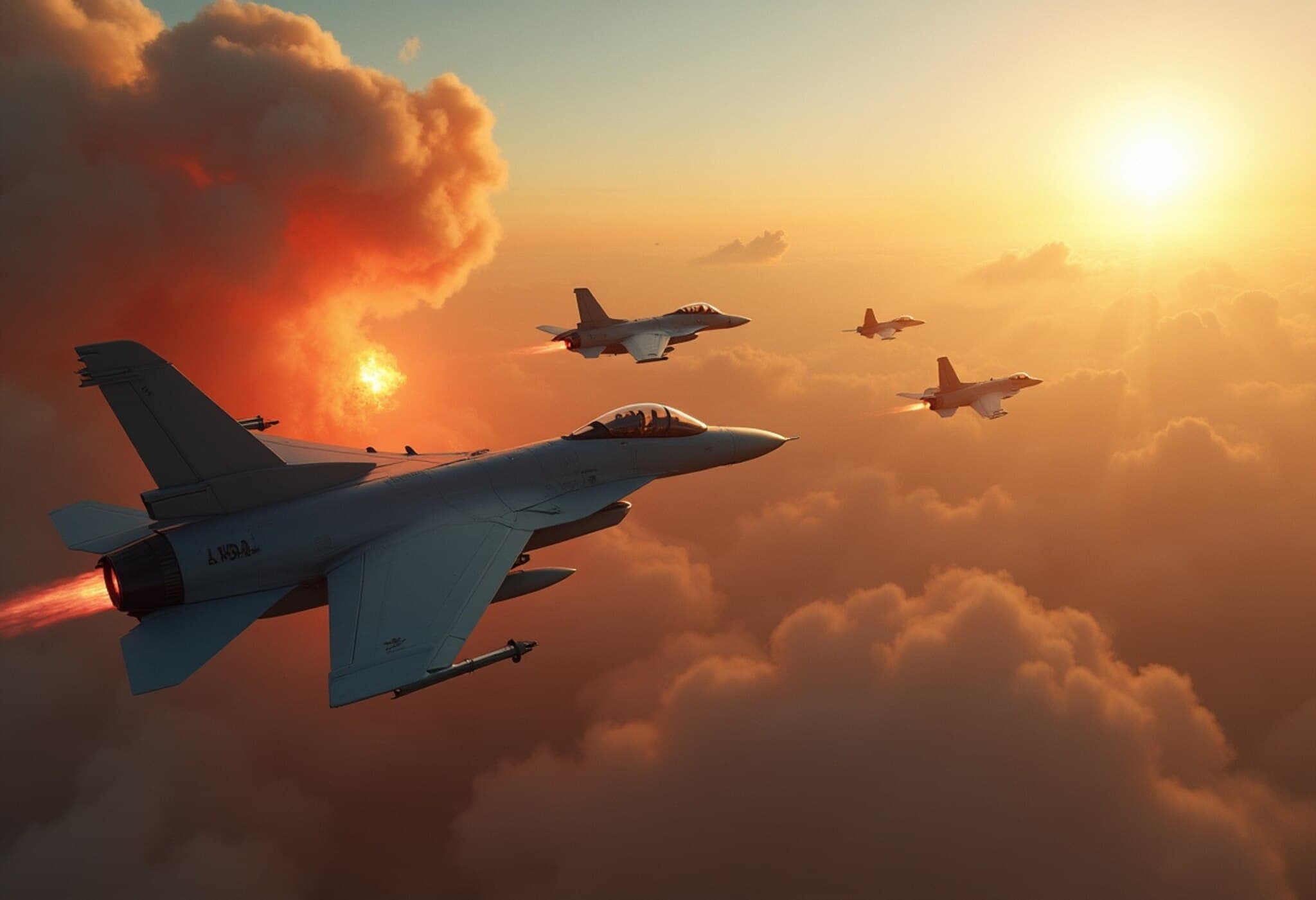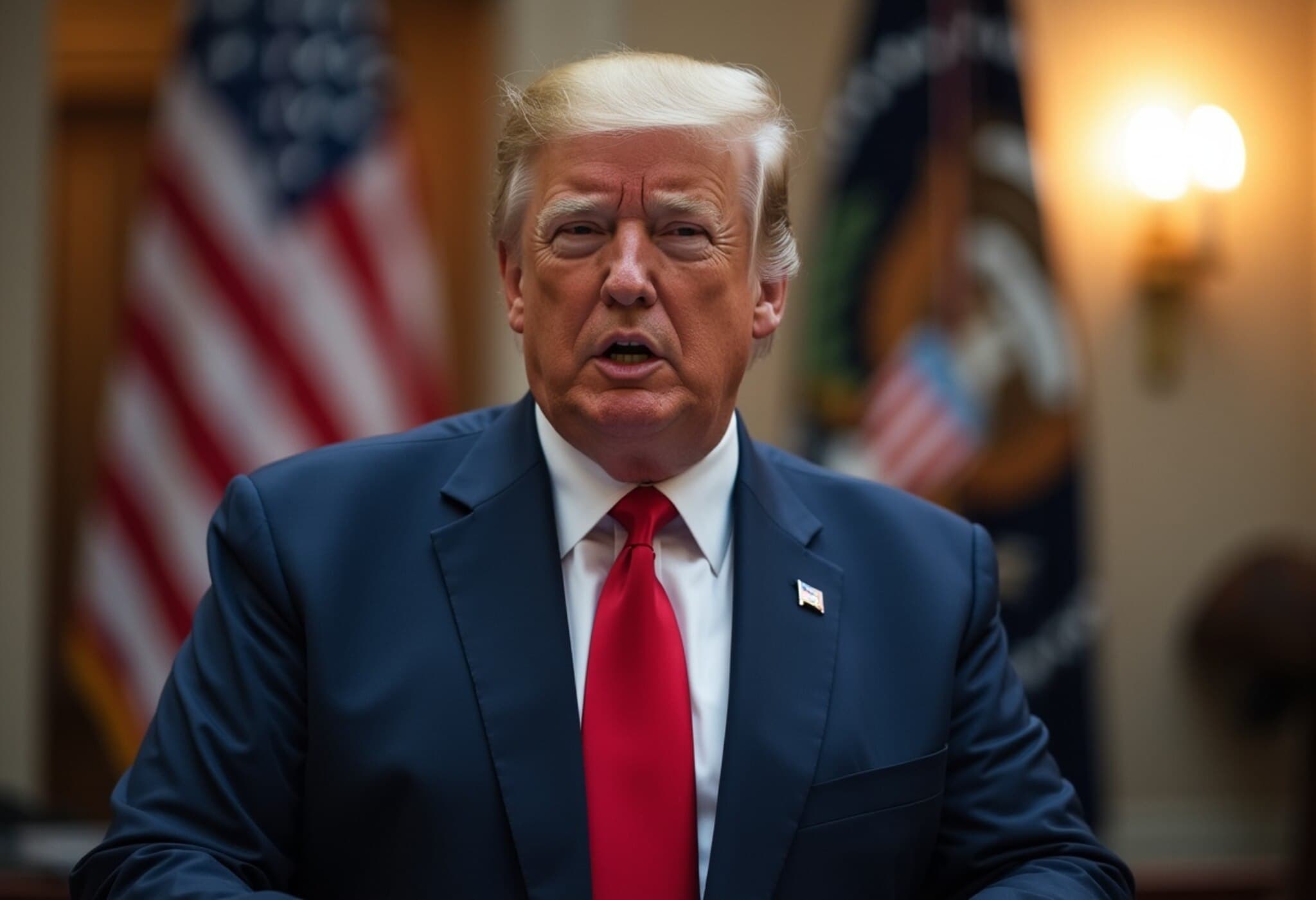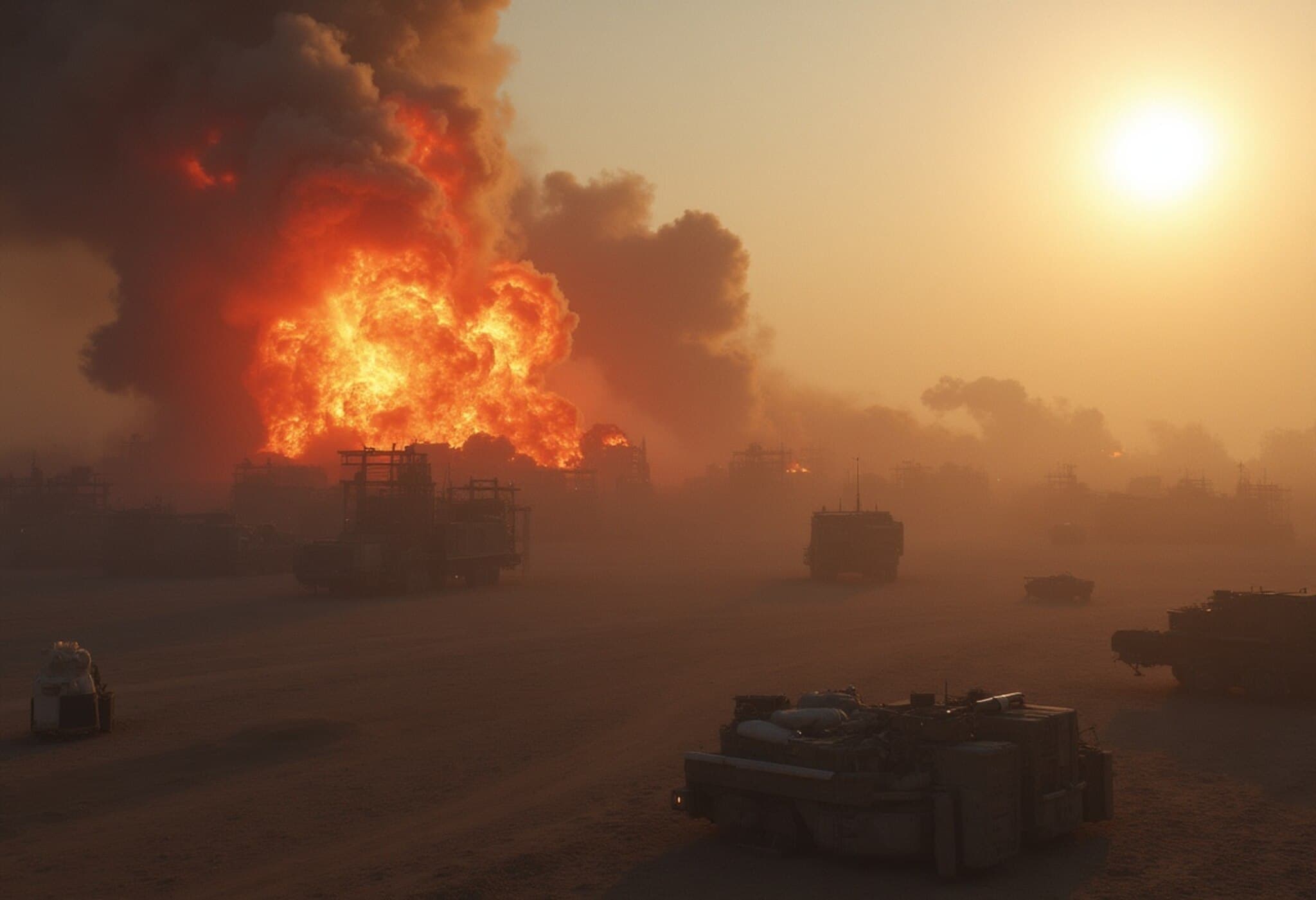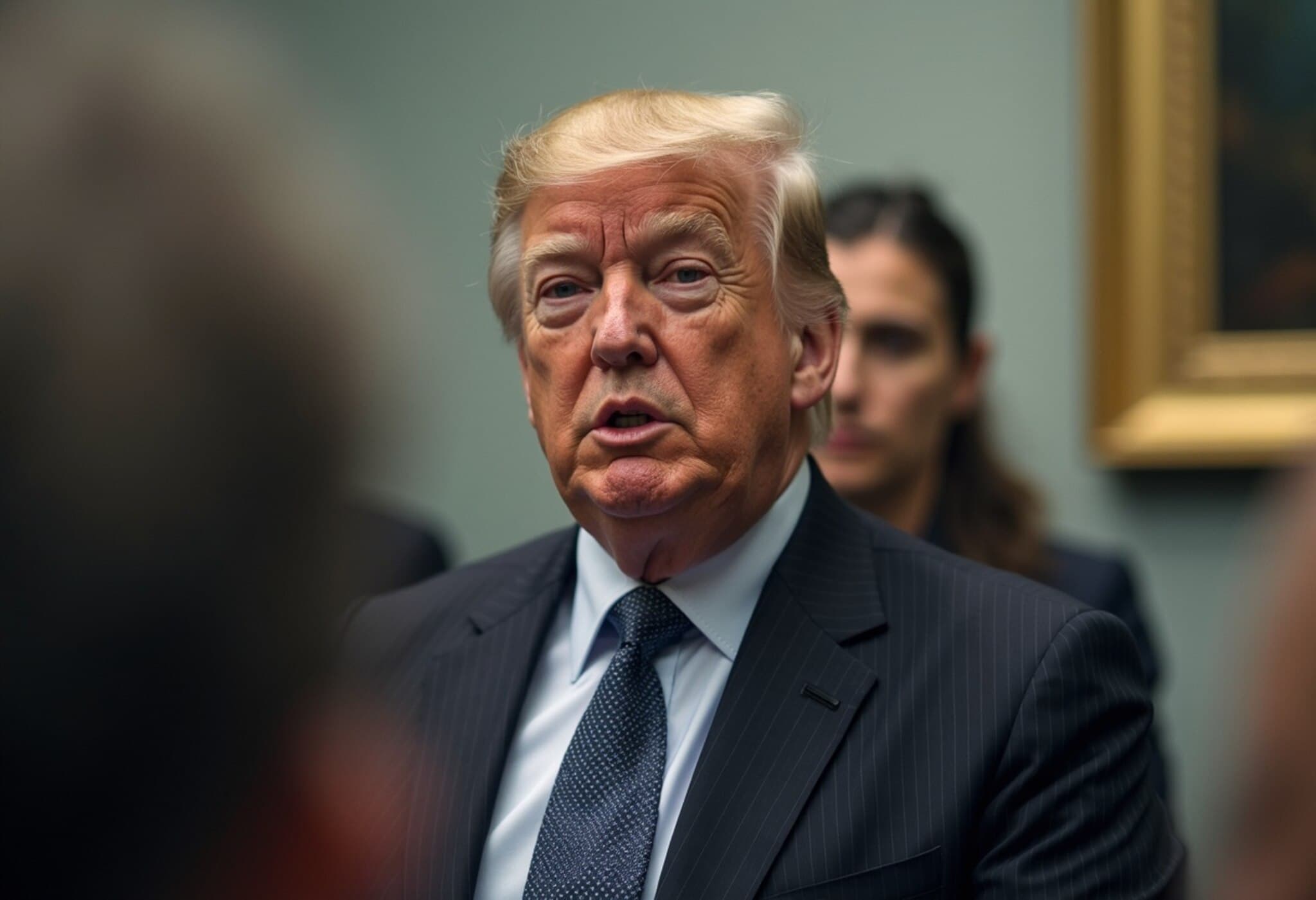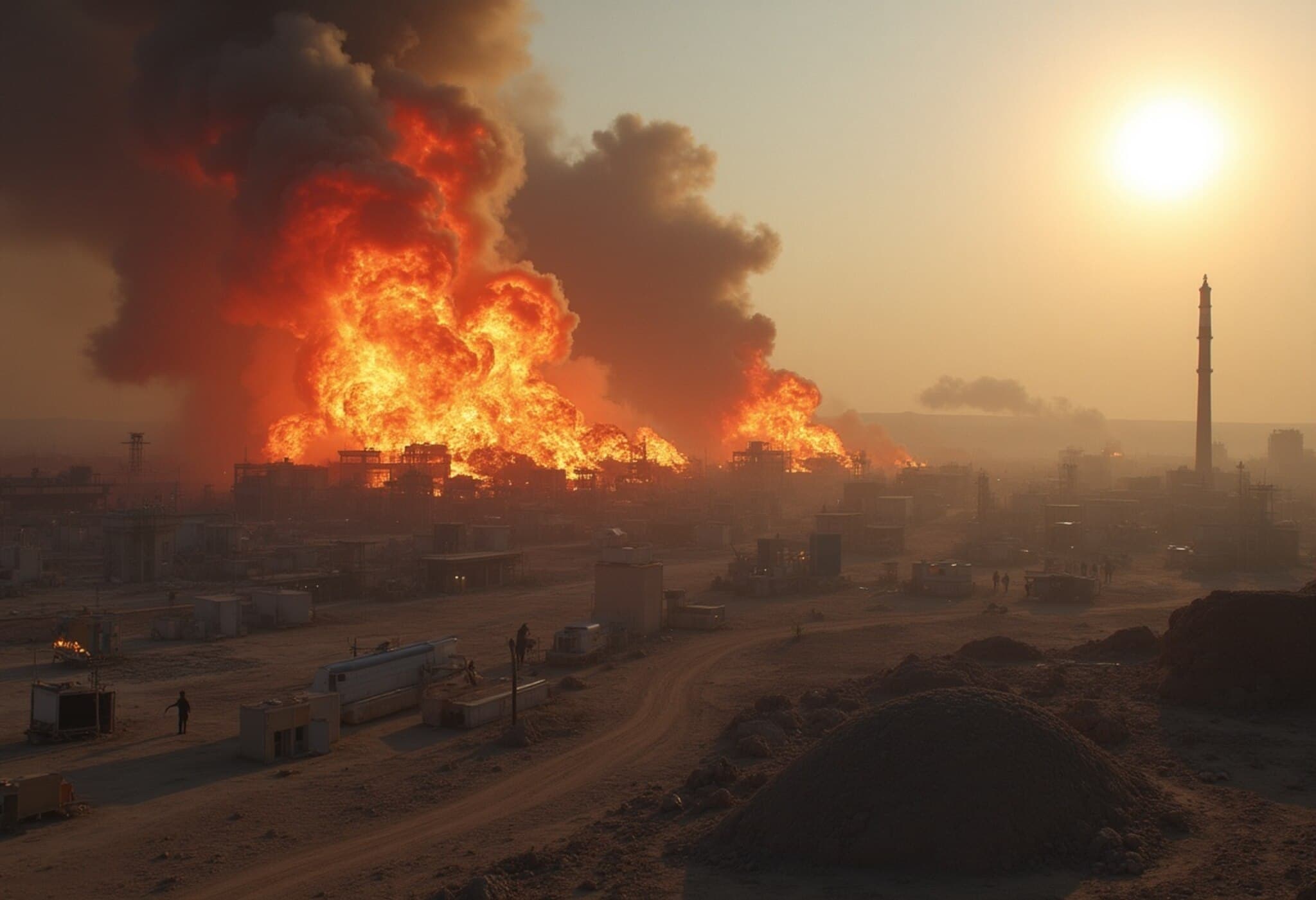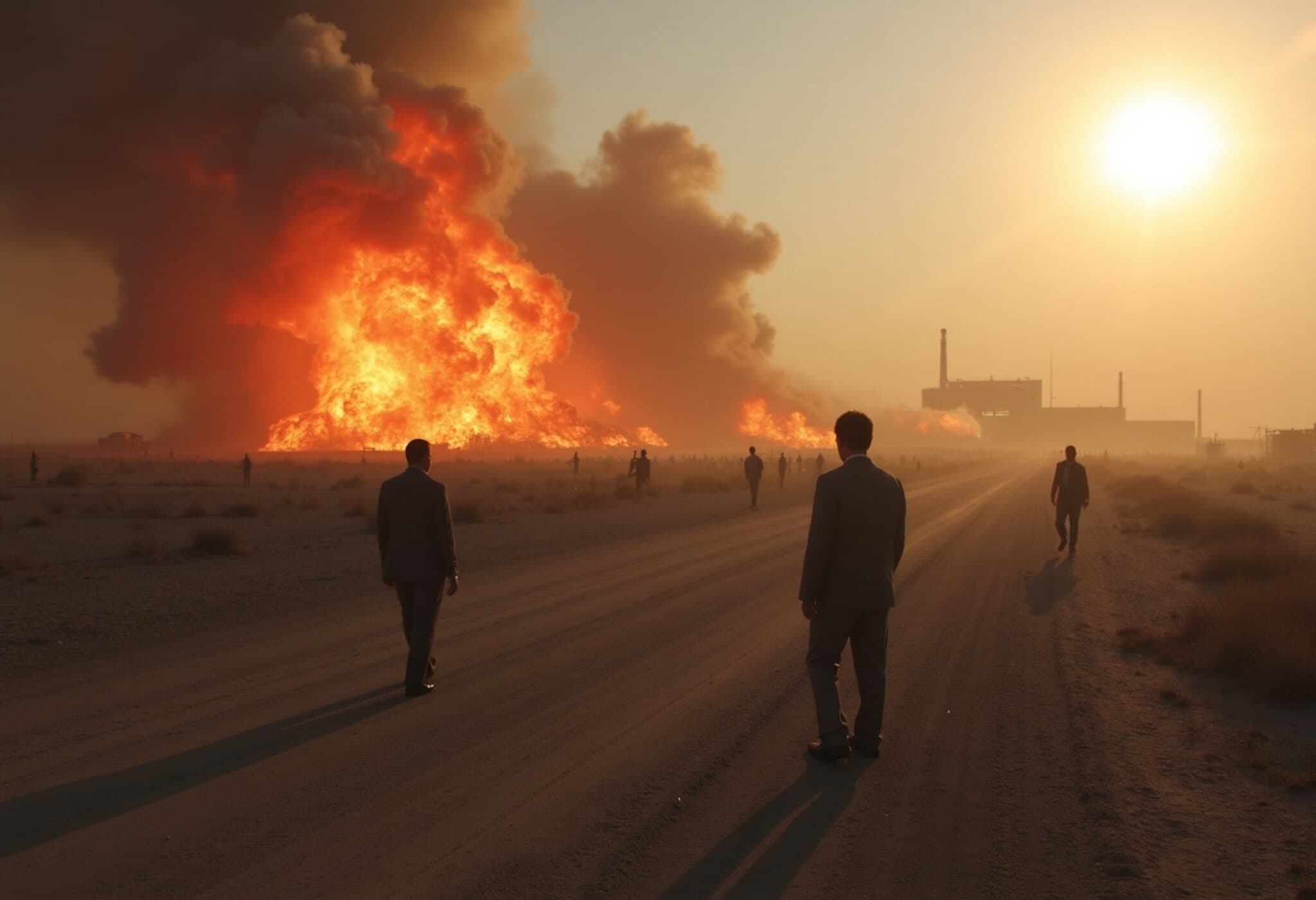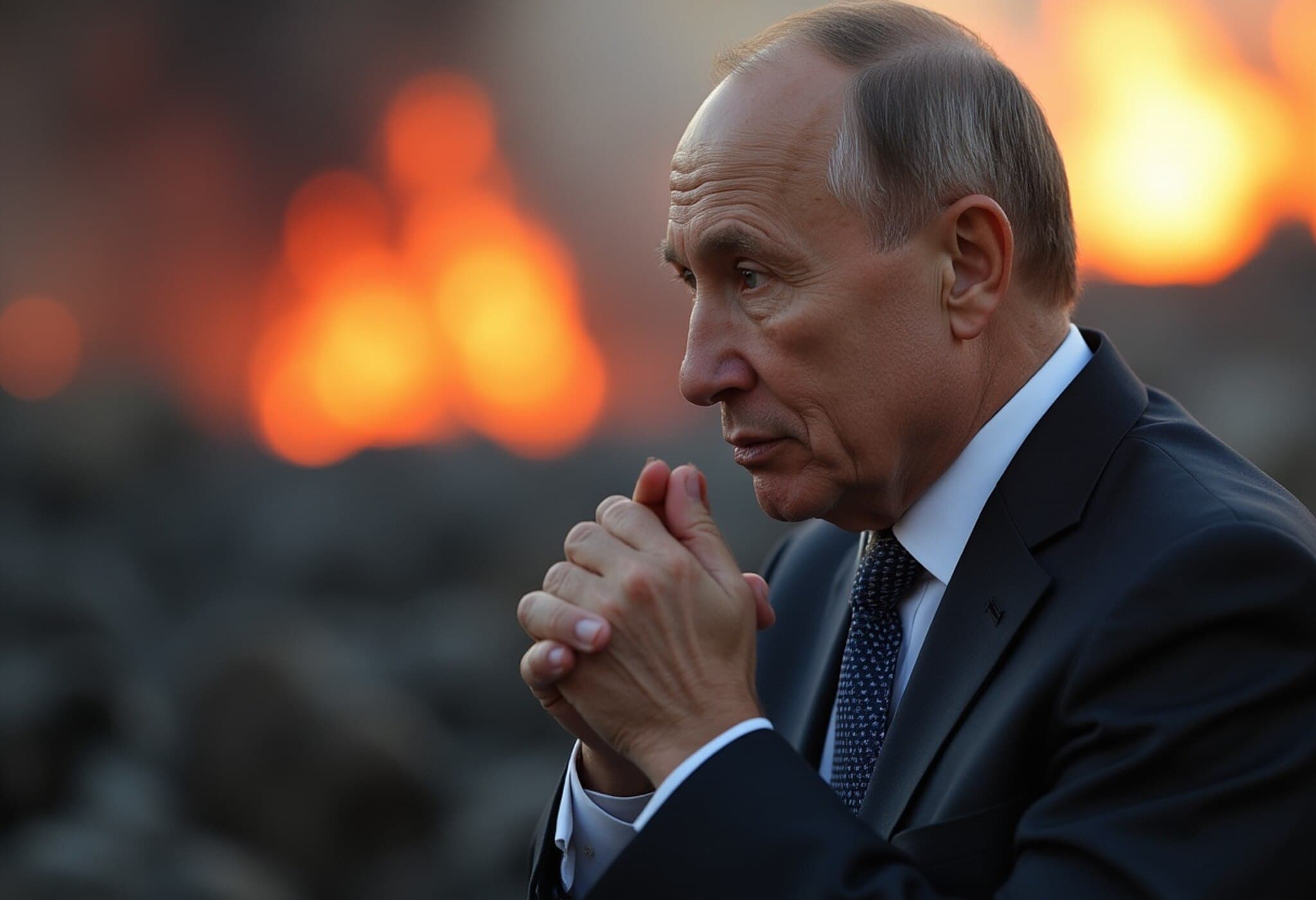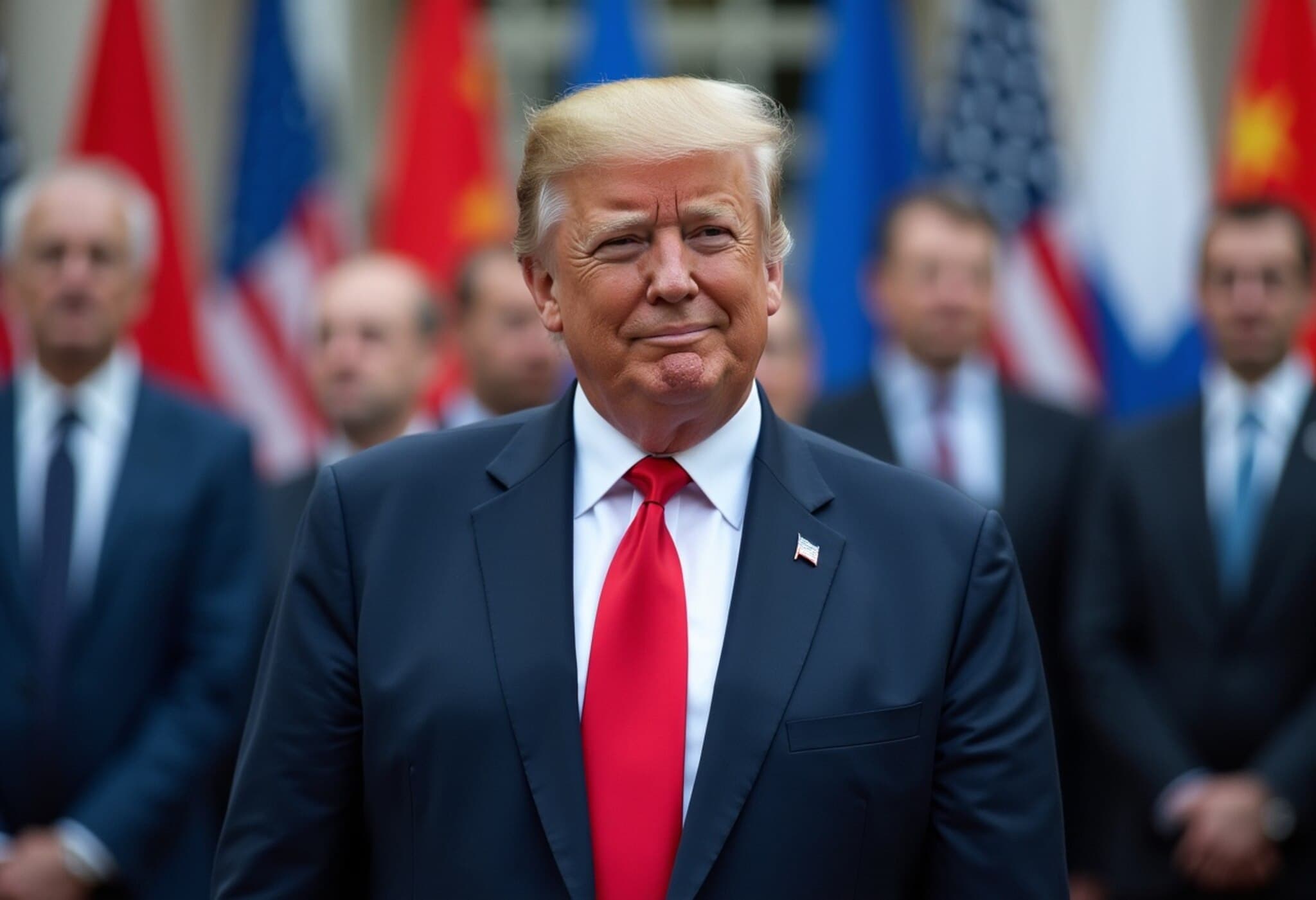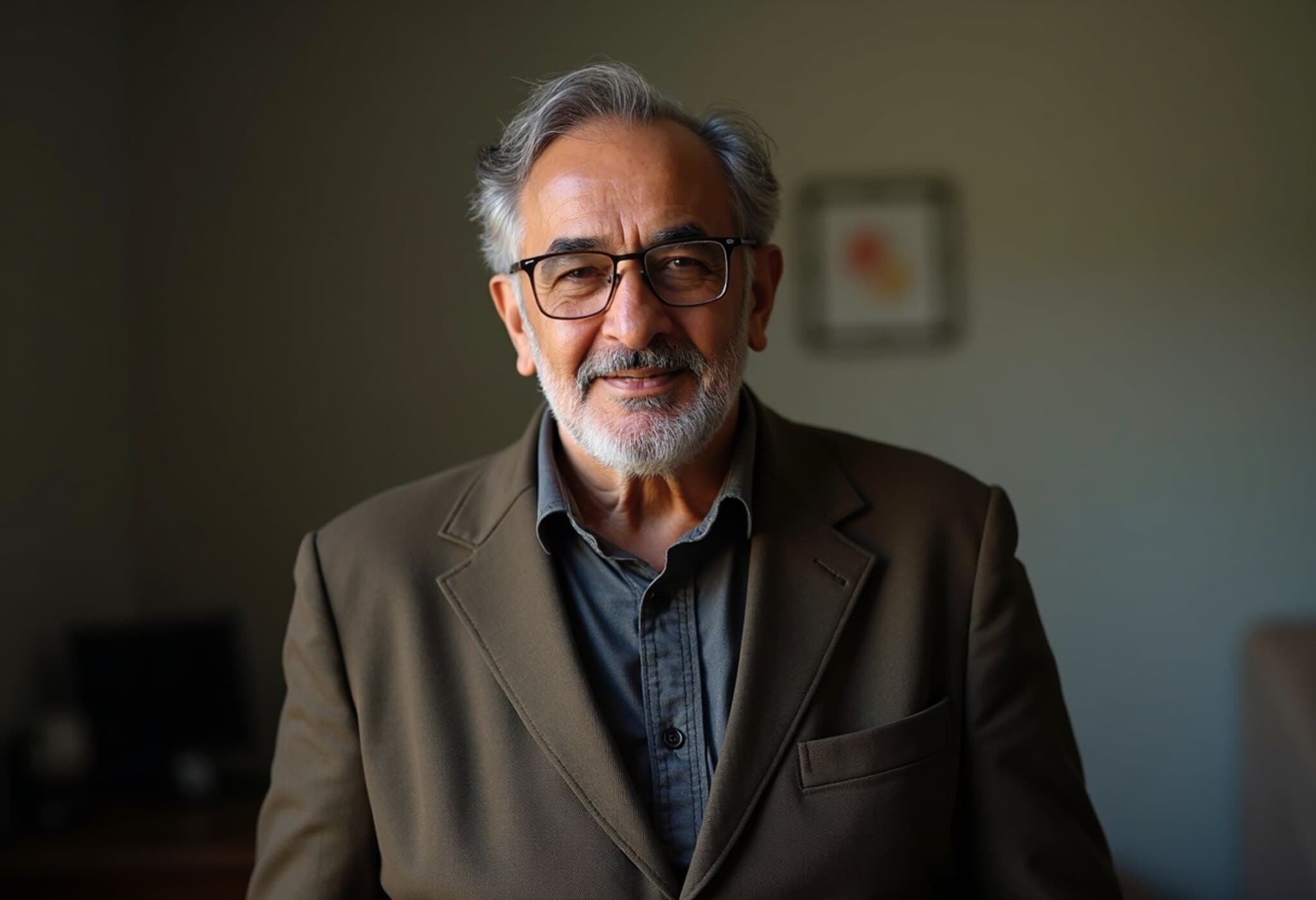Trump Mulls Military Strike on Iran Within Two Weeks
US President Donald Trump announced he will decide within the next two weeks whether to authorize a direct US military strike on Iran. The statement, conveyed by White House Press Secretary Karoline Leavitt, highlighted there remains a substantial chance for renewed negotiations over Iran’s nuclear program.
“Based on the fact that there is a substantial chance of negotiation that may or may not take place with Iran in the near future… I will make my decision whether or not to go, within the next two weeks.”
Reports indicate Trump is contemplating a strike on Iran’s fortified Fordo uranium enrichment facility, a site deeply buried underground and only accessible to specially designed US bombs capable of penetrating up to 200 feet of earth or concrete before detonating.
When questioned by reporters outside the White House, Trump did not confirm if he had made a firm decision about joining Israel’s campaign targeting Iran’s nuclear program. He remarked that he has options under consideration and prefers to delay making the final call until the last moment.
Rising Toll: Heavy Casualties Reported on Both Sides
The conflict intensified following a surprise series of Israeli airstrikes on Iranian nuclear and military targets. A human rights group based in Washington estimates at least 639 people have died in Iran, including 263 civilians, and over 1,300 injured.
Meanwhile, Israeli officials report that Iran has launched approximately 450 missiles and 1,000 drones. While most were intercepted, at least 24 Israelis have been killed with hundreds more wounded.
Escalation on Multiple Fronts: Medical Facilities and Nuclear Sites Targeted
Tensions soared further when Iranian missiles struck a major hospital in southern Israel and residential areas near Tel Aviv, injuring at least 240 people. In response, Israel's Defense Minister issued a direct warning to Iran’s Supreme Leader, stating, “this man absolutely should not continue to exist.”

Israeli air forces launched renewed strikes targeting Iran’s nuclear infrastructure. Prime Minister expressed confidence in Trump’s judgment, acknowledging US support as significant in the evolving situation.
The Soroka Medical Center was among hospitals that activated emergency protocols amid growing hostilities. At the time of the attack, about 700 patients were receiving treatment there. Approximately 80 patients and medical staff suffered mostly minor injuries, thanks to prior evacuations to underground wards.
Israeli authorities highlight that one Iranian ballistic missile appeared armed with cluster munitions, a weapon dispersing bomblets over a wide area. Iran denied targeting the hospital, claiming instead their strike hit a nearby military installation.

Israel also confirmed that its air force targeted the Arak heavy water reactor, a facility central to Iran’s ability to produce plutonium, a substance used in nuclear weapons. Iranian state media reported the site had been evacuated and that there was no radiation danger.
The Arak facility had been partially redesigned under a 2015 nuclear agreement but work halted after the US withdrew from the deal in 2018. Israeli forces emphasize the strike aims to prevent the reactor's restoration to weapons-grade capability.
The International Atomic Energy Agency (IAEA) recently acknowledged it no longer has comprehensive access to Iran’s heavy water production due to restrictions imposed by Tehran.
What's Next?
As tensions continue to escalate, all eyes remain on the upcoming decision by President Trump regarding a potential US military strike. The next two weeks could prove critical in shaping the future of the region and the global response to Iran’s nuclear ambitions.

